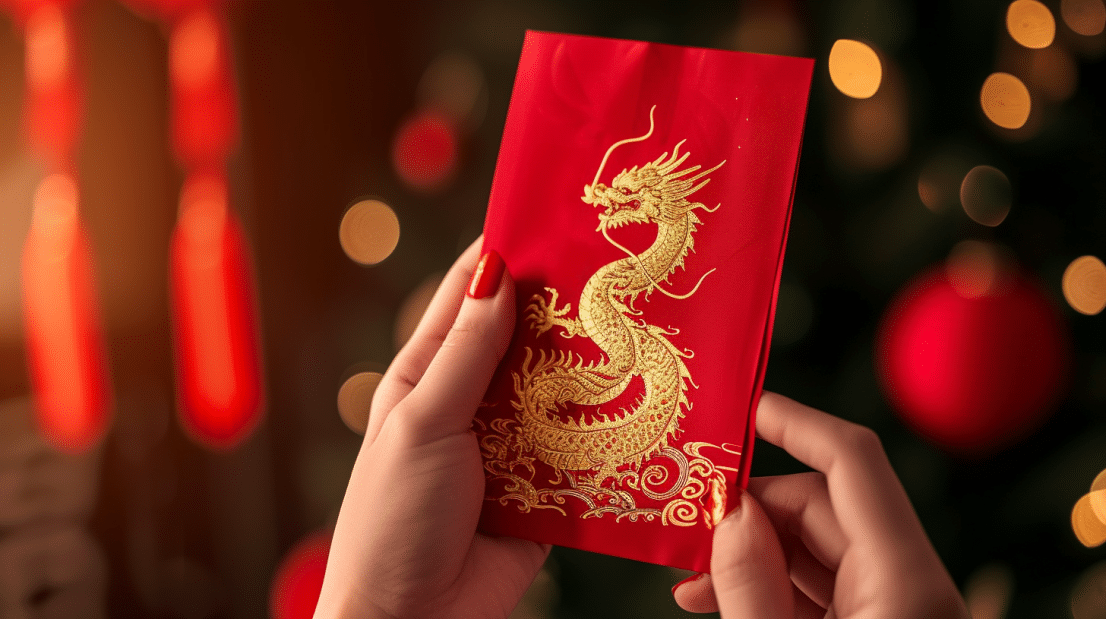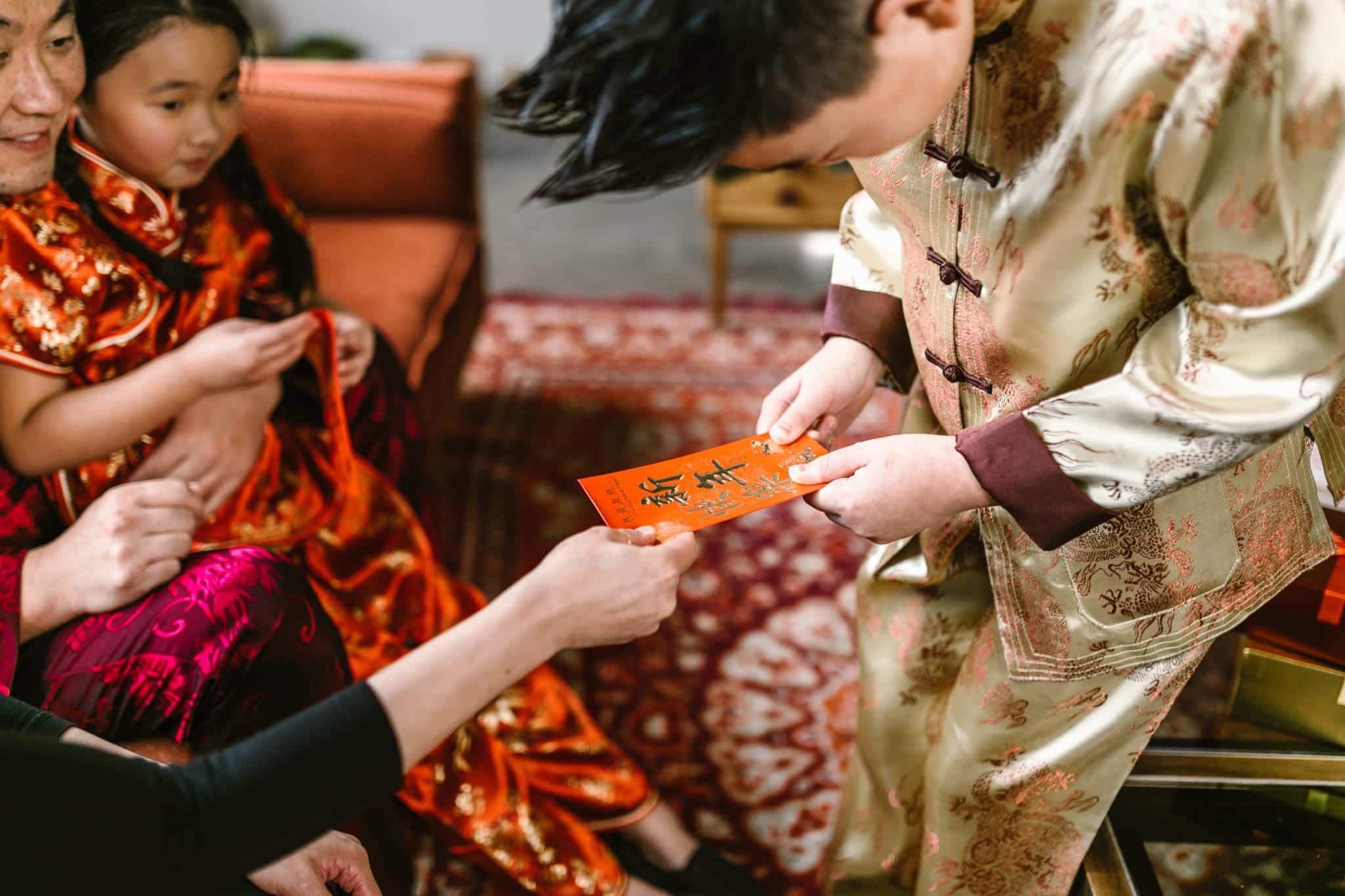
Photo by Joshua Earle on Unsplash
Singaporeans love going overseas. Solo travel, off-the-beaten-path trips, luxury holidays … the list is endless. Dr Lai Pak Wah, vice-principal of Bible Graduate School of Theology and lecturer in church history, likens the relevance of church history to travel.
“If you live overseas for a while, when you come back to Singapore, you’re not quite the same. You see the quirky things we do. Likewise, being overseas, you are more aware of how Singaporean you are.”
Or, at the very least, you are aware of how un-Singaporean your surroundings are.
History is the same thing. It is basically time travel because we think differently from the Christians who lived in those times.
Learning about spiritual giants such as Augustine and Benedict, is not just for professionals and Bible scholars, rather, it is important also for everyday discipleship because it changes the way we view and approach contemporary issues.
Here are two important reasons how a basic understanding of church history gives us a more well-informed viewpoint of contemporary issues:
1. It casts light on the blind spots of our generation
CS Lewis said that if you can only read either a new book and an old book, read the old book. The two new books may disagree with each other, but they actually share “a great mass of common assumptions” that nobody questions because they are the same kind of people from the same age.
Today, there are large controversial issues facing the church – both from within and without. The LGBTQ agenda, abortion, women’s rights, environmental concerns, online privacy: First-world problems of the 21st century.
When we are informed by tradition, we can approach contemporary issues with a more holistic viewpoint.
We live in an over-sexualised world while the Church and medieval fathers valued celibacy. To them, marriage was a compromise, and being married twice was akin to adultery. We know that is wrong and we won’t make that kind of mistake. But works of righteousness then were seen as Christians developing the characteristics of Christ. One desert father mentioned that to control his tongue, he put a pebble in his mouth for two years! Today, we may swing to the other extreme, shying away from works of righteousness.
There are many things which traditions do not agree or have a consensus on. But, according to Dr Lai: “When the Catholics and Orthodox and Reformers can all agree to a point … it is time to sit up and listen. When the (then) enemies can agree on something – this is what they agree about God; that means that this is probably true. This is how tradition operates.”
We don’t have to always say tradition is correct, but if the weight of tradition agrees and we disagree, we must think: What makes us so different?
When we are informed by tradition, having ‘”visited” the writings of tradition, we can then approach contemporary issues with a more holistic viewpoint based on tried and tested principles.
CS Lewis wrote: “People were no cleverer then than they are now; they made as many mistakes as we. But not the same mistakes. They will not flatter us in the errors we are already committing; and their own errors, being now open and palpable, will not endanger us.”
Dr Lai sums it up: “We can see their mistakes clearly but they cast light on the blindness of our age.”
2. A dialogue partner with an alternative voice
Dr Lai urges us to look at history as a resource. You can use sources from the past to look at the present. People have been there, done that. And so, the knowledge of history becomes an additional voice that gives us room to say that we disagree with the narrative of today.
In this day and age, it is getting more important to have that kind of informed diversity because of the increasing tendencies of ill-informed, fundamentalist viewpoints in our time.
“It is important to have informed diversity because of the increasing tendencies of ill-informed, fundamentalist viewpoints in our time.”
Dr Lai used Chinese medicine as an example. In order to understand how to engage with Chinese medicine, he looked at the church fathers’ appropriation and adaptation of the Greek Hippocratic medicine, which was the first indigenous medicine in town.
According to them, the world is made up of four elements: Earth, water, fire, air. These combine to form four humours: Phlegm, bile, black bile and blood which form your organs. A combination imbalance is what leads to illness. Underlying Hippocratic medicine are Greek philosophy and ontology, which drive the linguistics and the way medicine and science are framed. It is not objective; it is Greek philosophy.
He found out that, the early church fathers engaged Hippocratic medicine and were the first to set up hospitals for the poor. Prior to that, hospitals were only for the rich, the gladiators and the soldiers; no one did anything for the poor. The monks were the first to adopt Greek medicine as a common good given by God.
There were, of course, treatises that guided the use of the medicine. But that allowed Dr Lai to use it as a Harvard business case study to understand how to appropriate indigenous medicine.
CS Lewis says: “Two heads are better than one, not because either is infallible, but because they are unlikely to go wrong in the same direction.”
The full story
“People sort of jump from the apostolic period to the reformation (which we don’t quite know either) and then jump to the 20th century.”
The history tour run by the Bible Graduate School of Theology (BGST) aims to address that knowledge gap by helping lay people appreciate the spiritual legacy of the church from the 1st to 16th centuries.
At the end of the day, knowing church history thus helps people to understand the issues of today better and provide us with a deeper understanding so that we may prepared to give well-informed answers for the hope we have. (1 Peter 3:15)
For more information on the BGST Church History Tour: Exploring Christian History, Art and Spirituality in Italy, please email Dr Lai Pak Wah [email protected]
We are an independent, non-profit organisation that relies on the generosity of our readers, such as yourself, to continue serving the kingdom. Every dollar donated goes directly back into our editorial coverage.
Would you consider partnering with us in our kingdom work by supporting us financially, either as a one-off donation, or a recurring pledge?
Support Salt&Light



